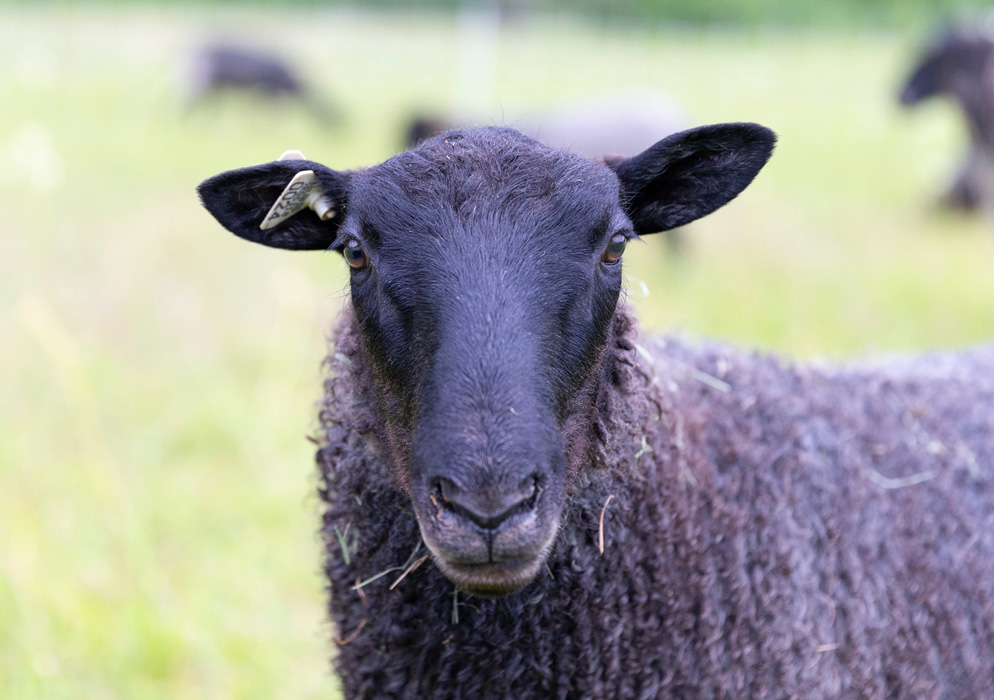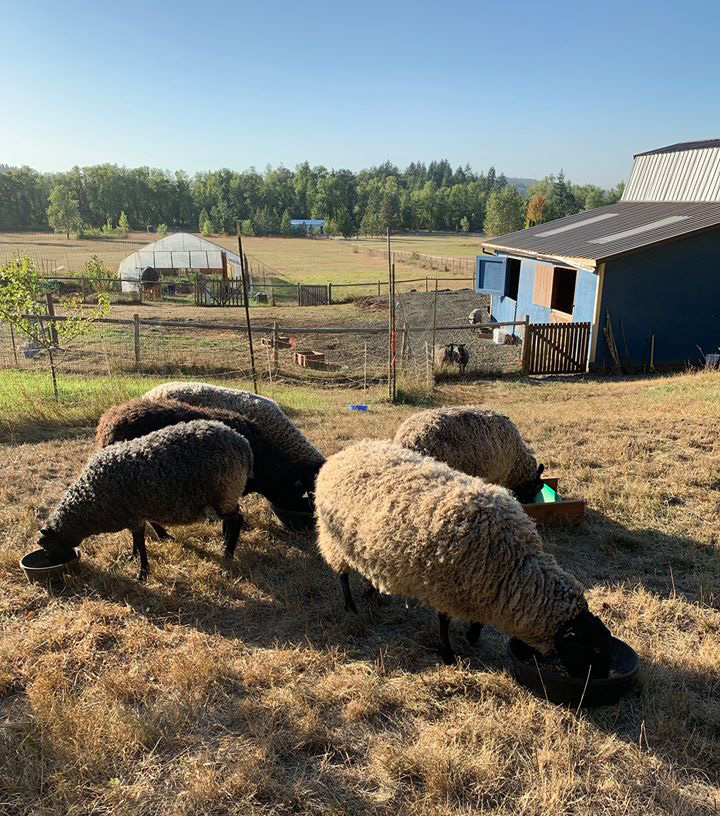
Why We Do It
I am writing this Blog partly to compile my thoughts, partly in response to a Blog that my shepherd friend Kim Goodling wrote last week.
Work on our small farm is beautiful, fulfilling and keeps us fit and healthy. It is also all consuming, hard and never ending. In a nutshell, we do most of the work by hand.
The Challenges
In her blog Kim is talking about 5 aspects of the challenges of keeping a small flock. I would like to respond and confirm Kim’s challenges and offer a window into some of the things we are able to give back to the community in raising sheep.
Our flock at Appletree Farm consists of roughly 10 breeding ewes, a couple of weather companions, 1 or 2 rams. These are the residents. After lambing each year we might have between 15 and 20 extra lambs on the farm but by the time winter rolls around we are back to about 15 breeding sheep and a few lambs that we will harvest for meat in November or December.
Genetic Diversity: Maintaining a certain level of genetic diversity is important and essential indeed. Having enough breeding lines to insure enough diversity within my flock but also to be able to sell starter flocks with ewes of different genetics and an unrelated ram is a must if I want to have a place in the Gotland market.
2019 will be our 3rd year doing Artificial insemination on the farm which is a wonderful way of adding genetic diversity (we use imported semen from some of the best 100% Swedish rams), however it is costly and only between 50 and 75% reliable. Keeping rams all year long requires appropriate infrastructure and offer its own challenges as well.
Replacement Ewes: Every year I like to be able to retain some of my ewe lambs and sell a couple of older ewes that are proven and will help to advance other breeders’s flocks. This year, however I only got 2 ewe lambs so that makes it challenging to retain any ewe lambs. ( I have 2 starter flocks reserved and I need to be able to offer them ewe lambs).
Losses: Losses are hard on the small farm! I have learned how to not count my eggs before they hatch, still I ache when I loose an animal. It is a blow to the heart, to the hard work and to the bottom line of running a small farm
Selective breeding: We focus on breeding for a Swedish looking Gotland, with a black head and a fleece that is as even as possible with color and curls. A bigger 3-dimensional curl is optimal. This being said, when you have a small flock and not as much choice, it can be a little harder to select. As the years have gone by and I have educated myself on the Gotland breed, as well as refined my goals within my flock, there are times when I don’t really have any lambs I wish to keep as I lack confidence in them being able to improve the overall quality of my flock, so the process of growing my flock is slow and the overall improvement within my flock even slower. Even if the percentage of my flock goes up, it does not necessarily mean that the quality goes up.
Obtaining funding: Just like Kim, I have applied for a grant or two. Our farm is slow growing, there are a lot of small farms in the pool to get grants. I have not been the recipient of any grants yet.

